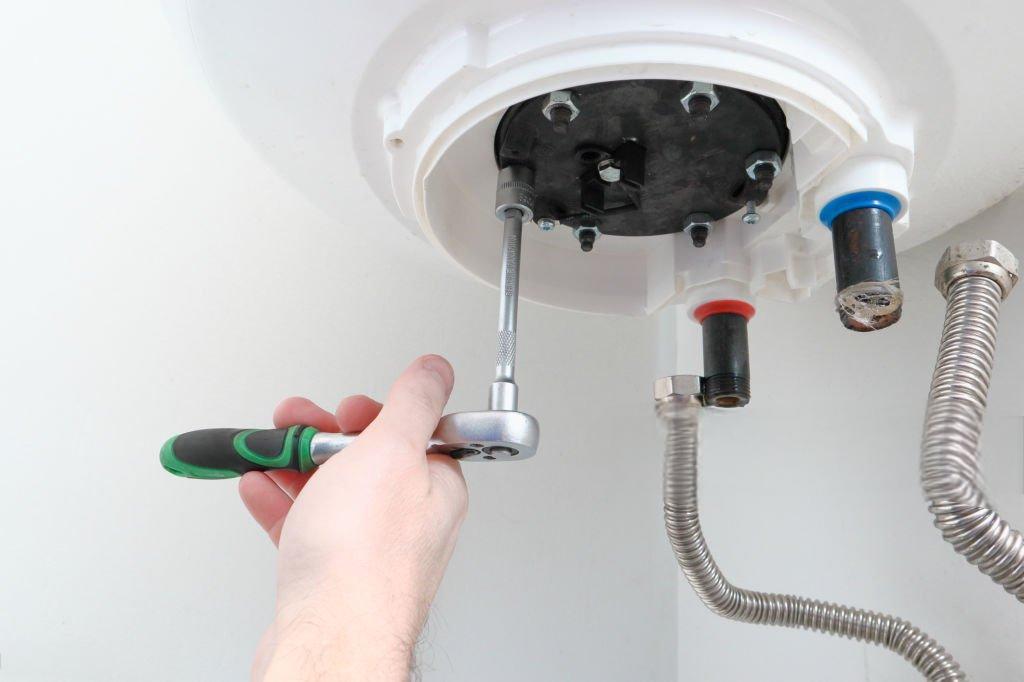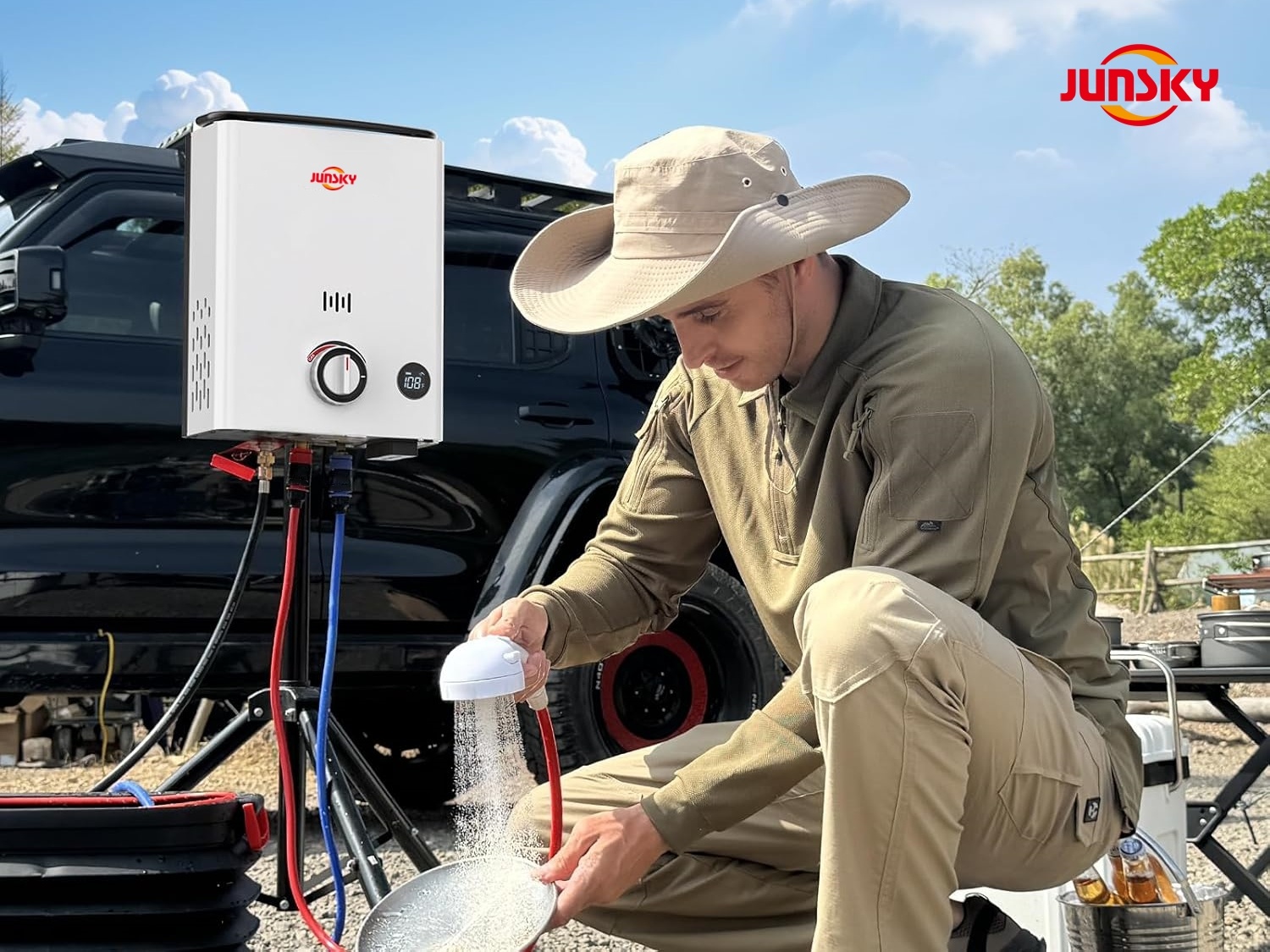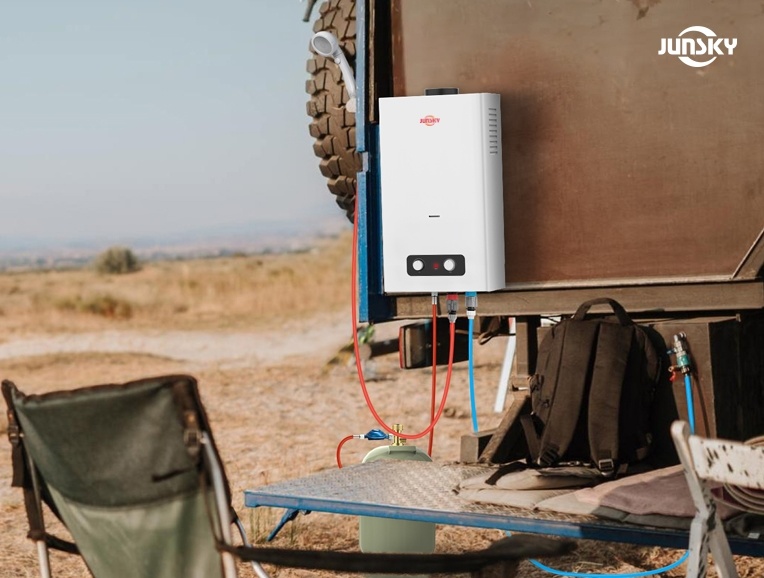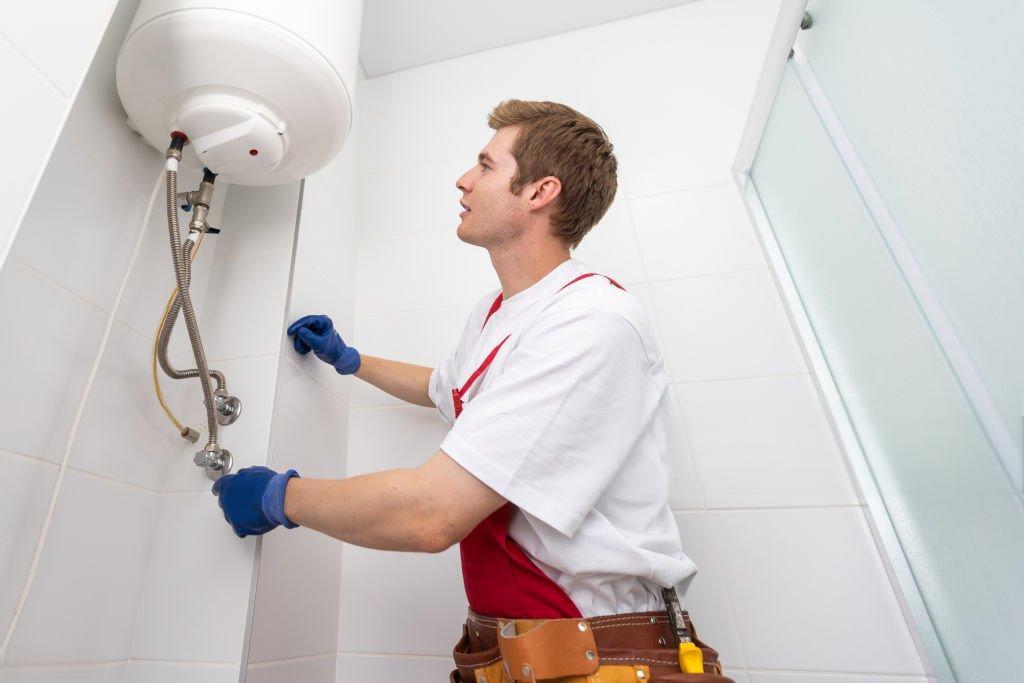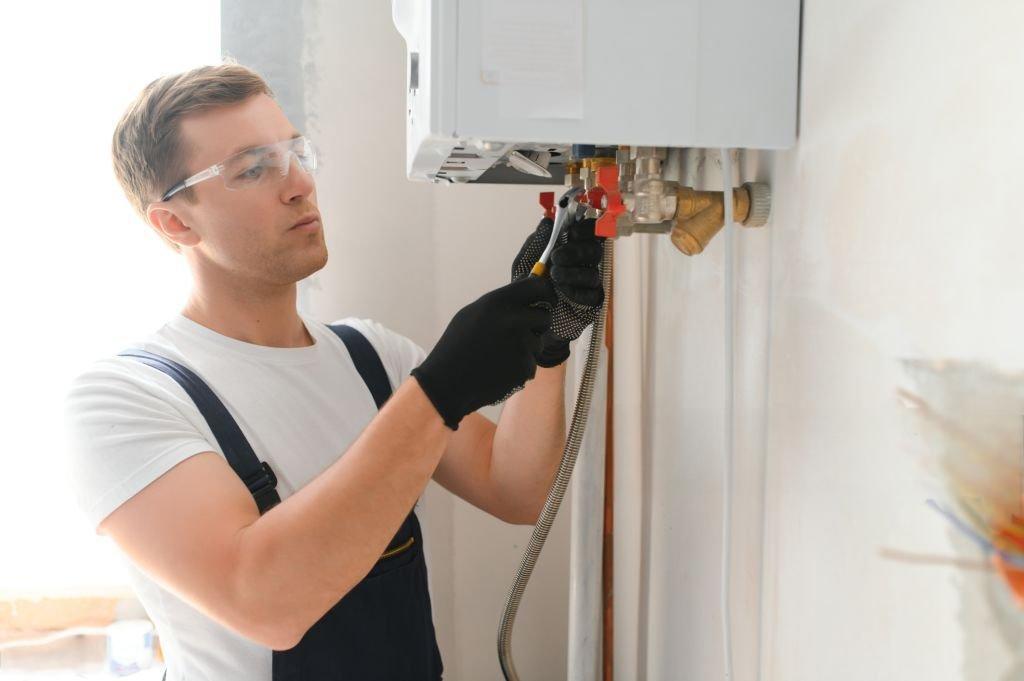Stove Solutions: Tackling Common Questions with Ease
2025-01-21
Discover answers to common stove-related questions and learn tips for cooking success. Perfect for both seasoned chefs and novice cooks!
Stove Solutions: Tackling Common Questions with Ease
Have you ever found yourself staring blankly at your stove, wondering why it’s not heating up or how to clean it effectively? You’re not alone! Stoves are just like any other appliance; they can be a bit temperamental at times. Let's dive into some of the most common questions folks have about their trusty cooking companion.
Why Won't My Stove Heat Up?
Ah, the age-old dilemma! If your stove is refusing to heat up, it’s enough to make anyone a little frazzled. First things first, check the power supply. Is it plugged in? Did you blow a fuse? Surprisingly, these are the most common culprits behind a stubborn stove.
Next, if you’re using a gas stove, ensure the gas supply is on. Sometimes, a simple oversight can turn a chef into a head-scratcher! If everything seems fine but your stove is still cold, it might be time to call in a professional. No one wants to play the blame game here, especially with dinner on the line!
How Do I Clean My Stove Properly?
Cleaning your stove can feel like a monumental task, but fear not! With the right approach, you can make it a breeze. Start by removing any removable parts—grates, burners, and knobs. Give them a good soak in soapy water while you tackle the surface.
For the stovetop, a mixture of vinegar and baking soda can work wonders. Just sprinkle some baking soda, spray with vinegar, and let it fizz! After a few minutes, wipe it clean with a damp cloth. Voila! A sparkling stove that looks brand new.
What Do I Do if My Stove Smells Like Gas?
Yikes! A gas smell can be alarming. First, stay calm—don’t panic! Immediately turn off the stove and open some windows to ventilate the area. If the smell persists, it's essential to turn off the gas supply and evacuate the area.
Call your gas provider or a professional to check for leaks. Trust me; it’s always better to be safe than sorry when it comes to gas issues!
How Do I Know If My Stove Is Safe to Use?
Safety first, right? Regular maintenance is key to ensuring your stove is safe for cooking. Check for any visible signs of damage, such as frayed wires or cracks in the surface. If you notice anything unusual, don’t hesitate to call a technician.
Also, keep an eye on the flame if you’re using a gas stove. A steady blue flame indicates everything is running smoothly, while a yellow or orange flame can signal incomplete combustion—definitely not what you want!
What’s the Best Way to Use My Stove Efficiently?
Efficiency is the name of the game! To make the most out of your stove, try using lids when boiling or simmering. This helps retain heat and reduces cooking time. Oh, and don’t forget to match your pot size to the burner! A small pot on a large burner is like trying to fit a square peg in a round hole—ineffective and wasteful!
Lastly, consider meal prepping. Cook larger batches of food and store them for later. This not only saves time but also keeps your stove from getting overworked. Your future self will thank you!
Final Thoughts
At the end of the day, your stove is an essential part of your kitchen arsenal. With a little TLC and some handy tips, you can tackle any stove-related issues that come your way. So, the next time you find yourself questioning your stove's behavior, refer back to these common questions, and you’ll be cooking up a storm in no time!
TAG:
Related Blog


